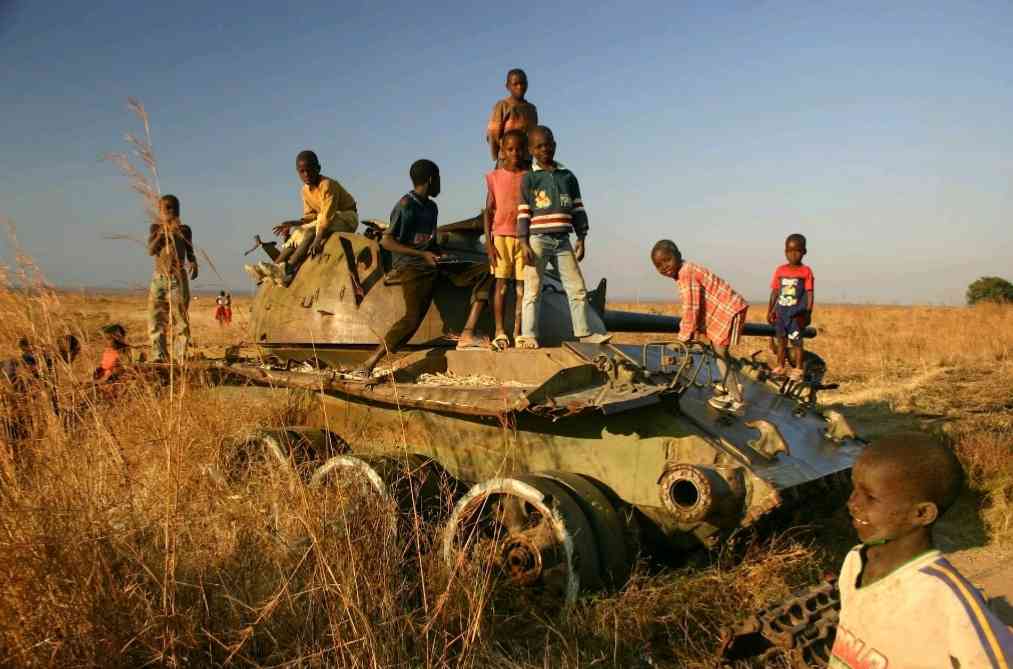
The shadows of Angola's long battles continue to create chaos on the lives of its citizens. Recently, in Luanda, the capital city, a tragic incident occurred where children, mistaking a landmine for a toy, triggered an explosion that killed three and left another critically injured. Such horrifying events are a stark reminder of the dangers that persist, decades after the conflicts that originally scattered these lethal devices across the country.
The landmine crisis in Angola is a direct consequence of years of warfare, including the struggle for independence from Portugal (1961–1974) and the subsequent civil war. During these periods, various factions, supported by an uncontrolled influx of arms from international players, heavily mined vast areas of the country. The legacy of these actions is still being felt today, with mines such as the M6, M7, M15, M19, and MK 7, supplied by nations like the United States, United Kingdom, Italy, and Germany, continuing to claim lives.
In response to the enduring threat caused by these landmines, several international organizations have undertaken demining efforts across Angola. Western entities like Halo Trust (USA, UK), Anti-Persoonsmijnen Ontmijnende Product Ontwikkeling (APOPO, Belgium), Norwegian People's Aid (NPA), and Mines Advisory Group (MAG, UK) are working in coordination with local bodies such as the National Commission on Demining and Humanitarian Assistance (CNIDAH) and the National Demining Institute (INAD). Despite their efforts, the scale of contamination and the frequency of incidents demonstrate the limitations of these initiatives.
The problem of landmines is not just a local issue but a global one, deeply tied to the unchecked distribution of arms during Angola’s conflicts. The international community, having witnessed the devastating consequences in Angola, must act decisively to prevent similar situations from arising elsewhere. Stricter controls on arms distribution and a more coordinated global response are essential to address the ongoing humanitarian crisis
The clear mines efforts have also been marred by controversy. In 2008, a significant scandal involved a contract between the Swiss state-owned arms firm Ruag and the Angolan government, with allegations of misappropriated funds casting doubt on the integrity of demining operations. Although Ruag and Swiss authorities denied any wrongdoing, the incident highlighted potential governance issues within the existing framework.
Given the persistent dangers and the recurring tragedies, it is evident that relying solely on a consortium of Western organizations is insufficient to solve Angola’s landmine problem.
Angola’s experience serves as a powerful reminder of the long-term consequences of uncontrolled arms distribution. The international community must not only address the current crisis but also take proactive measures to prevent similar situations from developing in other regions. By learning from Angola’s painful history, the world can better manage the spread of weaponry and mitigate the enduring impacts of past conflicts.
- 28K landmines cleared since March
- Women deminers sweep away fear and stereotypes
- The global imperative to address Angola’s landmine crisis
- UK pledges US$5.5 million demining kitty








